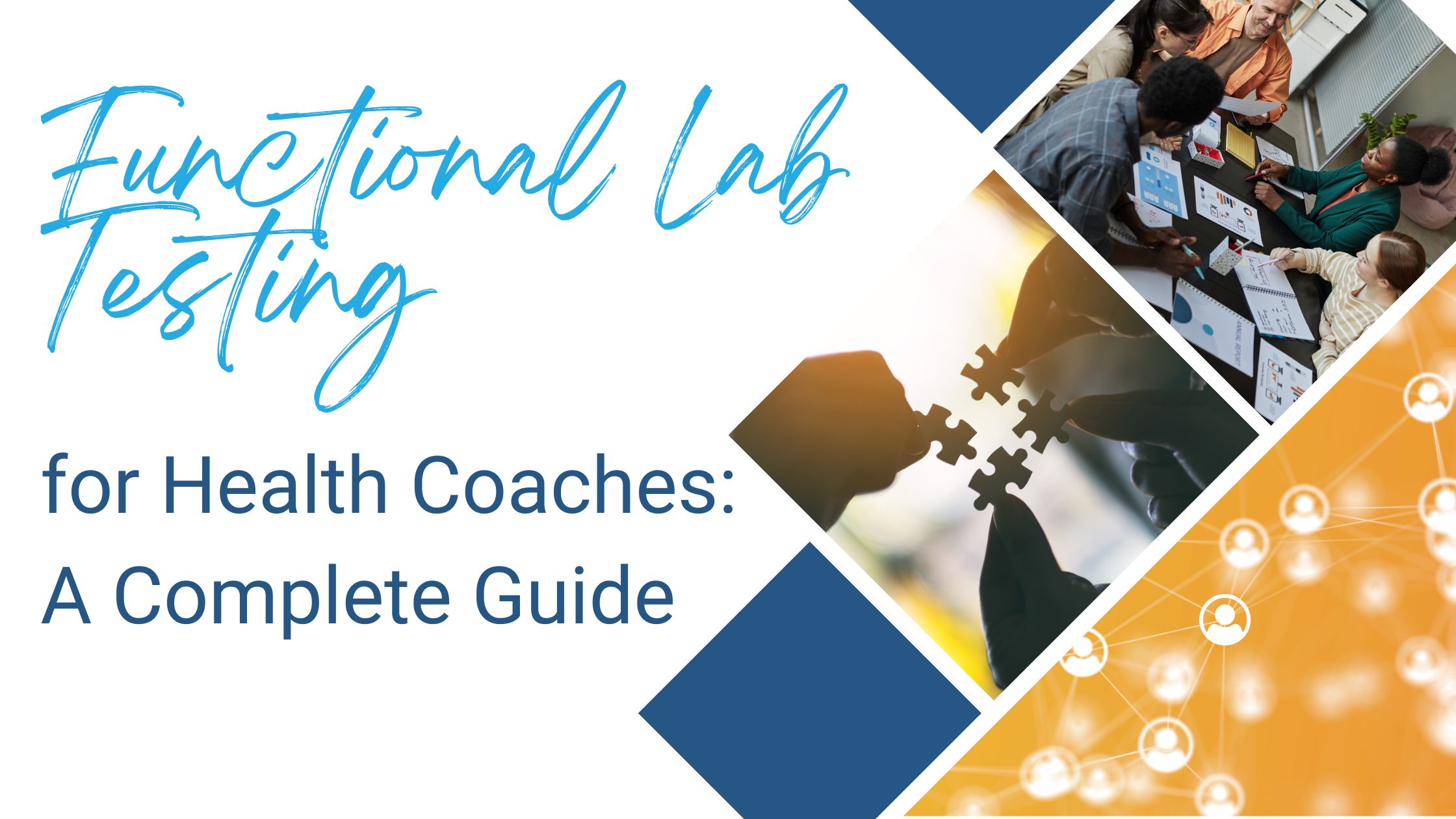Health coaching is being rapidly implemented into the contemporary health care system and can be used by a wide range of health professionals. Within this, health coaching offers a number of potential benefits for nurses looking to enhance and optimize their skillset.
Principle and Practice: Similarities Between Health Coaching and Nursing
One of the main reasons nurses can benefit from health coaching education is that the nature of health coaching fits right in with the nursing philosophy of holistic patient care. Nurses aim to meet all of the human needs of the client-mentally, physically, spiritually, etc.-and this is the same philosophy of health coaching.1
Furthermore, another principle of nursing, based on Orem’s Model of Self-Nursing and other models, is the idea that patients should be as independent as possible with their own self-care practices.1 This further aligns with health coaching because the goal is to teach the individual how to implement strategies on their own to reach their health goals.
Health Coaching Specific Benefits
With these congruent philosophies in mind, it’s also helpful to see the specific, concrete ways that health coaching education can enhance nurse’s overall abilities.
One of the main benefits is that health coaching allows nurses to have more of a collaborative relationship with the patient.
Nurses, by nature, are health promoters and educators; yet, it’s obvious patients don’t always implement what nurses tell them to do. This is likely one of the main problems that exists that limits overall treatment effectiveness. Fortunately, this is precisely where health coaching could come in.
Assessing and Overcoming Roadblocks to Implementation
The general practice in conventional care is to instruct patients on how to get better and to list off the things they need to do to manage or treat whatever illnesses or symptoms plague them. Yet, many patients are aware of what they need to do, yet they lack motivation, confidence, or some other aspect that is hindering their implementation of the necessary steps. This is why simply telling someone what they need to do seldom works.2
Patients need to eliminate their ambivalence and increase their motivation, confidence, and self-efficacy. And this is exactly what health coaching does and why it’s so valuable to nurses.
Creating an Individualized Plan
Specifically, by gaining health coaching education, nurses will be able to go beyond mere instruction and telling patients what they need to do to be healthier; they will be able to actually work with the patient to develop a specific plan that incorporates all of the relevant needs, goals, characteristics, and other aspects of the patient.2
They will be able to discover the patient’s barriers to change, any factors that are hindering their motivation, and many other important characteristics and factors that have an influence on actually carrying out self-care practices.
Health Coaching Enhanced Collaboration: Increasing Patient Autonomy
Health coaching is an active, collaborative process, where a hierarchy really does not exist. In this way, a nurse can use health coaching to help the patient figure out for himself or herself the ways he or she can implement the self-care steps. Health coaching allows the patient to find for themselves their own strengths and skills and how to best use these.2 This is in contrast to the general, blanketed framework of simply giving patients instruction and advice.
Even if not intended, patients may feel a sense of reluctance to implement what doctors and nurses tell them simply because they feel on a lower rung than those individuals. Yet health coaching is a way to break that hierarchy and give patients a sense that they have some power, which further increases the likelihood that they will want to change.
A Cut Above
Thus, overall, health coaching gives nurses an edge because it allows them to not only build on knowledge and skills they already possess, such as health and wellness knowledge, active listening, respect, responding to individual needs; it also gives them knowledge and skills that they may been lacking, namely motivational interviewing, more detailed collaboration, and generating specific, individualized action plans for the patients.1,2
A More Effective Nurse-Patient Relationship
In turn, this will likely lead to a more effective working relationship between nurse and patient. Ultimately, this collaborative process could lead to greater sustained lifestyle changes and self-care habit, whether those are for preventing and/or managing chronic illnesses and diseases or recovering from acute situations, such as surgery, stroke, etc.
All-Around Benefits within the Health Care System
So, what would all of this lead to? Well, as evidenced by various research, health coaching within the health care system leads to a number of positive, and (importantly) long-lasting effects, such as improved health outcomes for patients, reduced health risks, lower health care costs, and higher health promotion. 1,2,3
Conclusion
Nurses are already highly caring, knowledgeable, and passionate individuals. By gaining health coaching education, they will be able to build on many of the strengths they already possess and develop a few key skills that they may have been lacking. In turn, this will give them an ability to more effectively apply the “doctor’s orders” by figuring out exactly how the patient can implement them to achieve their unique goals.
References
1. Barr, JA, Tsai, LP. Health coaching provided by registered nurses described: A systematic review and narrative synthesis. BMC Nurs 20, 74 (2021). https://doi.org/10.1186/s12912-021-00594-3
2. Huffman MH. Health Coaching: A fresh approach for improving health outcomes and reducing costs. AAOHN Journal. 2010;58(6):245-250. doi:10.1177/216507991005800604
3.Singh HK, Kennedy GA, Stupans I. Competencies and training of health professionals engaged in health coaching: A systematic review. Chronic Illness. January 2020. doi:10.1177/1742395319899466







